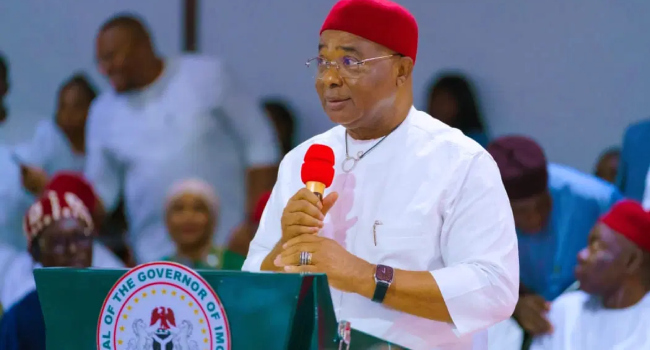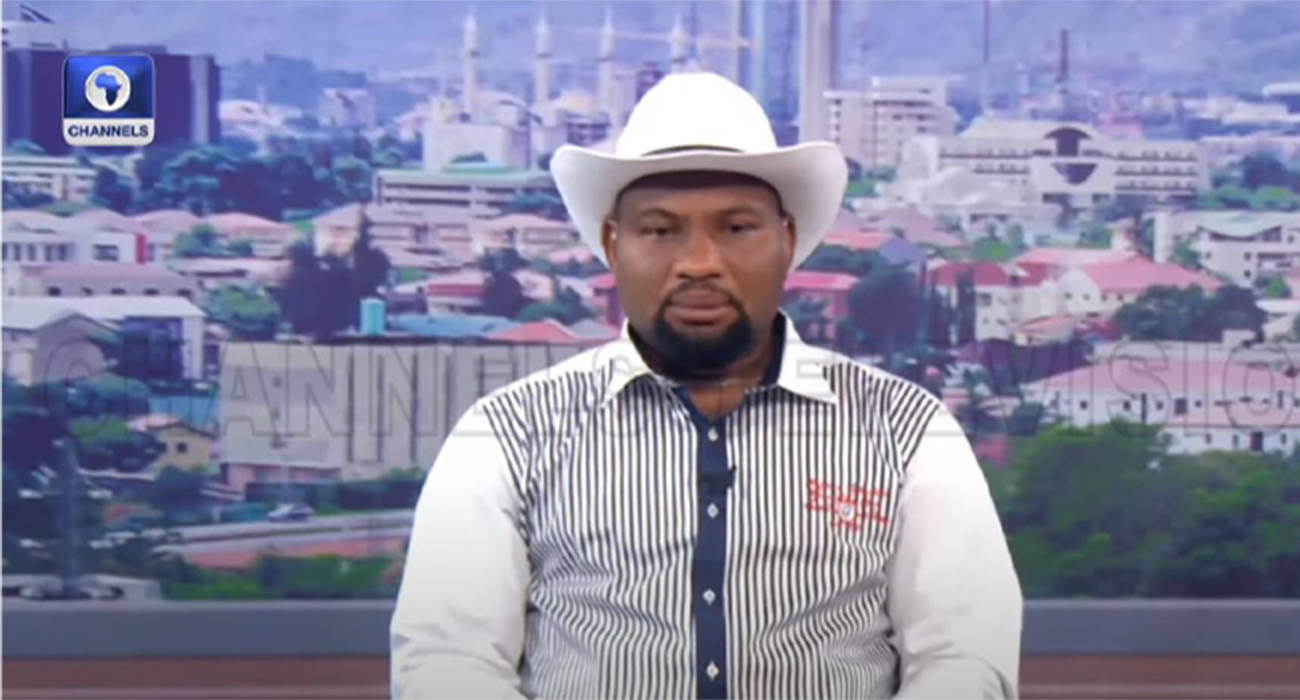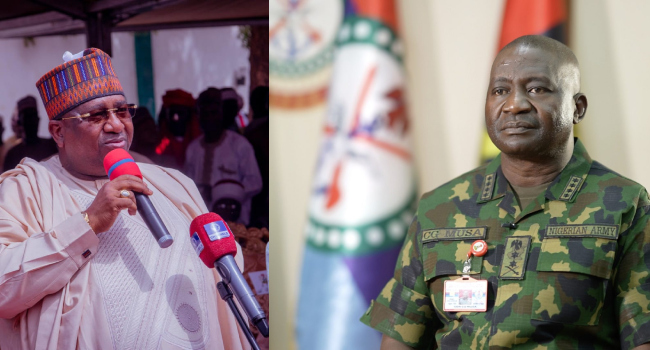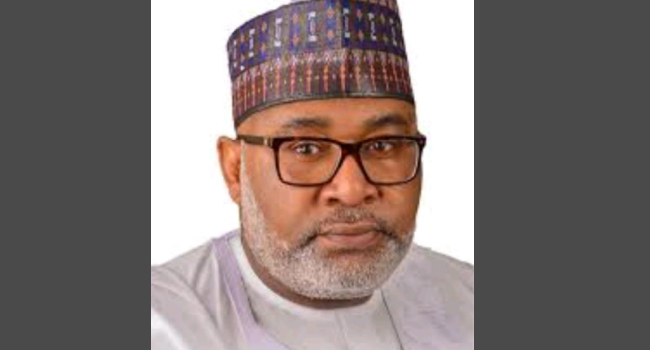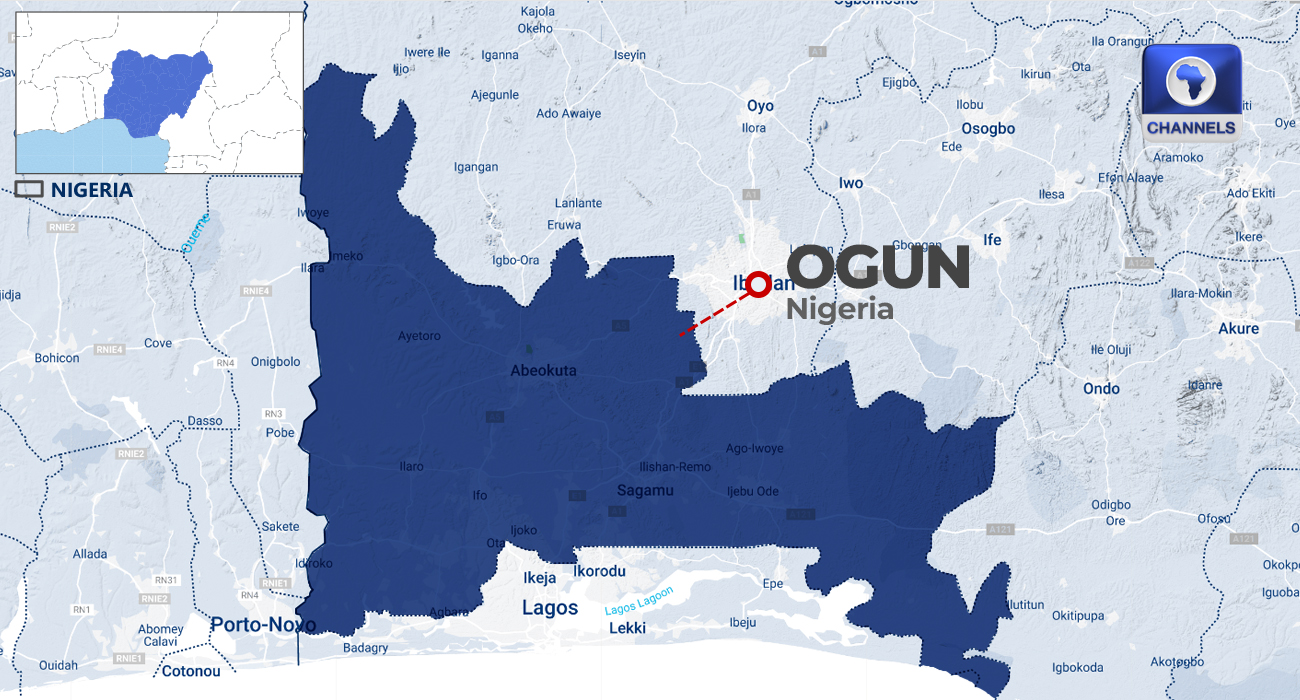
Governors of the All Progressives Congress (APC) under the aegis of the Progressive Governors Forum (PGF) have praised the economic reforms undertaken by Bola Tinubu’s administration, and have resolved to strengthen local security architecture in all the states under their control.
The Governors made the resolve during their meeting in Lagos State on Friday, 5th and Saturday, 6th December 2025, convened by the Chairman of the Forum, Senator Hope Uzodimma, Governor of Imo State, and hosted by Babajide Sanwo-Olu, Governor of Lagos State.
The engagement provided an opportunity to review the nation’s current trajectory, deepen coordination among the governors, and reaffirm the Forum’s unwavering support for the Renewed Hope Agenda of President Tinubu.
Their commitment to security followed a rise in reported abductions and violence across the country, especially in the northern region.
During the meeting, the Forum reviewed the security situation across the country and expressed appreciation for the improved coordination between federal, state, and local security structures, as well as the courage and sacrifices of security agencies and community volunteers.
“The Forum commended Mr President for the ongoing re-engineering in the security architecture of the country. “Governors reiterated that safety of lives and property remains a non-negotiable obligation of government.
“The PGF resolved to continue strengthening community-based security initiatives, intelligence gathering, conflict-prevention mechanisms, and support for victims of violence and disaster.
“The Forum underscored the importance of social cohesion, inter-faith harmony and inter-ethnic understanding, and urged all leaders to use their voices and platforms to promote unity, moderation and respect, while isolating criminality and hate speech in all its forms”, the communiqué issued at the end of the meeting read in part.
The Forum reiterated that effective local governance is central to delivering the Renewed Hope Agenda at the grassroots.
They resolved to deepen reforms aimed at improving transparency, accountability, and service delivery in local government administration, within the framework of the Constitution and in partnership with relevant stakeholders.
“The PGF agreed to expand platforms for citizen engagement, including town hall meetings, consultation with traditional and religious leaders, civil society, labour, professional bodies, youth, and women’s groups.
“The Forum affirmed that listening to the people, explaining government policies clearly, and adjusting implementation strategies based on feedback are essential to building trust and sustaining democratic legitimacy.”
On party cohesion and support for the Renewed Hope Agenda, the Forum reiterated its unwavering loyalty to the APC, and commended the leadership of the Party for ongoing efforts to strengthen internal democracy, discipline, reconciliation, and inclusiveness.
They pledged to continue playing a stabilising role within the Party, ensuring that the APC remains a broad, open, and performance-driven platform for national transformation.
The PGF then reaffirmed its full support for President Tinubu’s Renewed Hope Agenda and the policies of APC governments at all levels.
The Forum emphasised that they see themselves as trustees of the people’s mandate and as a committee of leaders jointly responsible for translating the aspirations of Nigerians into tangible social and economic outcomes across the federation.
On outlook, the governors expressed renewed confidence in the future of Nigeria as a united, peaceful, and prosperous country.
“The Progressive Governors pledged to strengthen policy coordination, deepen inter-state cooperation, and remain focused on practical solutions that place the people at the centre of governance.”
They urge all Nigerians to go about their businesses without fear, while wishing all a peaceful Christmas and a happy New Year in advance.
READ ALSO: Ologbondiyan Resigns From PDP
People-Centred Governance And National Outlook
The Forum undertook a broad review of the political, economic, and social environment in the country. Governors reaffirmed that the ultimate purpose of every reform must be to improve the daily lives of Nigerians, protect their dignity, and expand opportunities for all: rural and urban, youth and elderly, women and men, workers, entrepreneurs, and vulnerable groups alike.
The PGF commended President Bola Ahmed Tinubu for his steadfast commitment to stabilizing the economy, strengthening national security, and laying the foundations of sustainable growth through the Renewed Hope Agenda. The Forum noted ongoing efforts at food security, power sector improvement, transport and infrastructure upgrades, social investment, and support for productive enterprises, and pledged to align state policies to maximize the benefits of these reforms for citizens in every ward and community.
Economic Reforms, Cost of Living And Social Protection
Recognising the temporary burdens that accompany necessary macroeconomic reforms, the Forum reviewed the state of the economy and the cost-of-living pressures being experienced by citizens. Governors acknowledged the resilience and patience of Nigerians and expressed deep appreciation for the sacrifices being made in the collective interest of a stronger and more inclusive economy.
The PGF resolved to intensify state-level interventions in areas such as food production and distribution, support to small and medium-scale enterprises, youth employment, social protection for the poorest and most vulnerable, and targeted relief for workers and low-income households.
We, the Progressive Governors, are committed to working closely with Federal institutions. The National Economic Council and Local Governments to ensure that things keep improving, that no group is left behind, and that the gains of reforms continue to translate into visible improvements in the quality of life of the people.
Infrastructure, Urban Renewal And Liveable Communities
The Forum noted the critical importance of infrastructure, urban renewal, and rural development in driving productivity, attracting investment, and improving living standards. Governors commended Lagos State for its pioneering role in transport reforms, urban regeneration, and innovative financing models, and agreed to deepen peer-learning and inter-state collaboration in these areas.
The PGF resolved to scale up investments in roads, housing, public transport, water and sanitation, digital connectivity, and climate-resilient infrastructure, with a focus on inclusion and access for all communities.
